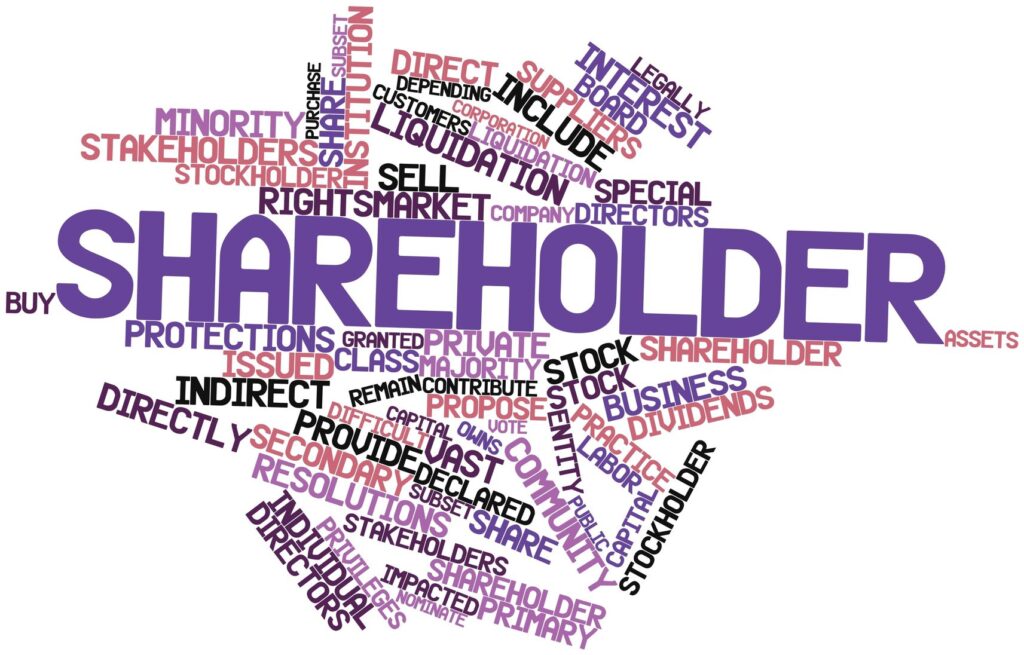
Business Valuations for Shareholder Disputes
In today’s business world shareholder disputes are a common occurrence These disputes can often be divisive, long-lasting and expensive. They can arise in almost any privately owned business—sometimes without warning.
When looking at business valuations for shareholder disputes, there are some important factors to be considered.
Shareholder disputes often involve a minority owner who believes he or she has been mistreated or disagrees with decisions made by the controlling parties. Often such disagreements can be difficult to resolve peacefully and lead to costly and time-consuming litigation. Obviously this can have a major detrimental effect for the company leading to a deterioration of the business’ value. Often, these disputes lead to a minority shareholder or business partner leaving the company.
Standard of Value
Minority shareholders in dissenters’ rights or oppression actions may be entitled to receive the “fair value” of their shares, rather than fair market value. It has been interpreted this standard of value to equate with an interest’s pro rata share of the company’s entire value on a controlling basis. In other words, no adjustments are allowed to be made to the company’s preliminary estimate of value for the interest’s relative lack of control (DLOC) or marketability (DLOM).
There are other valuation subtleties to consider in shareholder disputes besides standard of value, discounts, and timing factors. The laws surrounding these issues should be considered equally before any valuation engagement begins. While experienced valuation experts may understand some of the rules, many of them will rely on the advice of the lawyer. Therefore, it’s important the lawyer assess their valuation expert’s understanding of these issues and clearly define them, as it can ultimately have a significant impact on value and the court’s decision.
The importance of an independent business valuations in shareholder disputes.
Most oppression cases are, in effect, valuation cases involving disputes about how, and for what price, one shareholder (normally the minority shareholder) can exit the business. Obtaining an independent valuation or valuations, and doing so early, allows the parties to fully understand the commercial issues and what they are truly fighting for. Quite often, minority shareholders believe their shareholding to be worth far more than a valuation reveals, particularly in a closely held company subject to many shareholder restrictions. An independent business valuation in shareholders disputes can shed the harsh light of reality upon parties with uncommercial expectations both in terms of the majority and the minority.
The principle of Business Reports and Values, Lee Goldstein, has been involved in Business Valuations since 1985. He holds the following qualifications:
Double Major Degree in Accounting and Finance
Diploma in Forensic Accounting
Graduate Diploma in Valuation
Advanced Certificate of Business
Advanced International Certificate in Intellectual Property.
Lee has conducted numerous intellectual property valuations covering a diverse range of industries and is often called upon to provide expert testimony in judicial matters. Lee has valued businesses and intellectual property worth over $3.2 billion.
